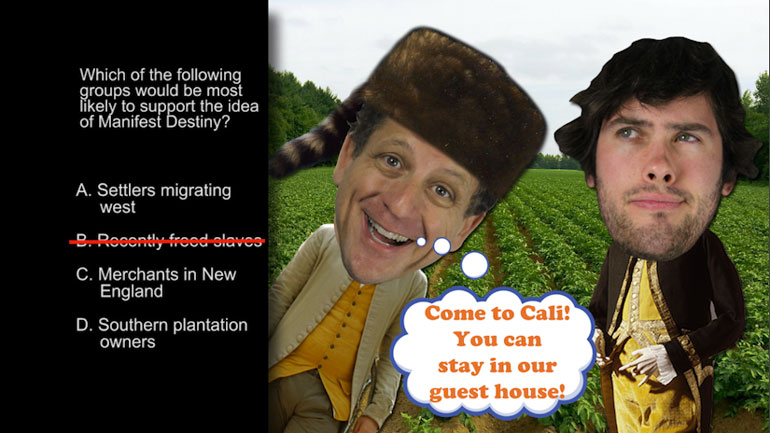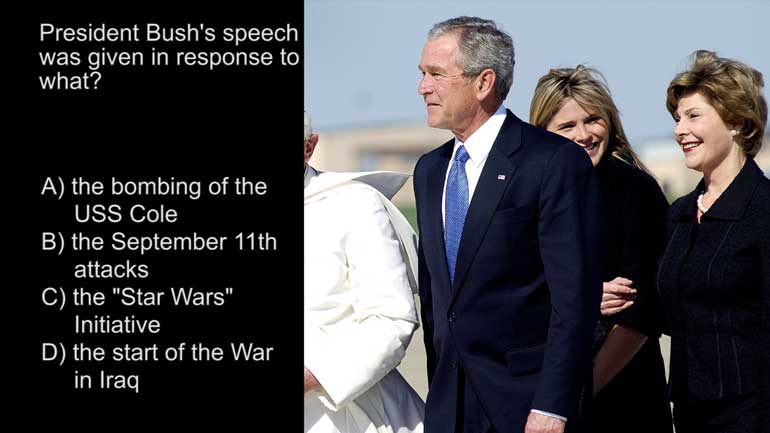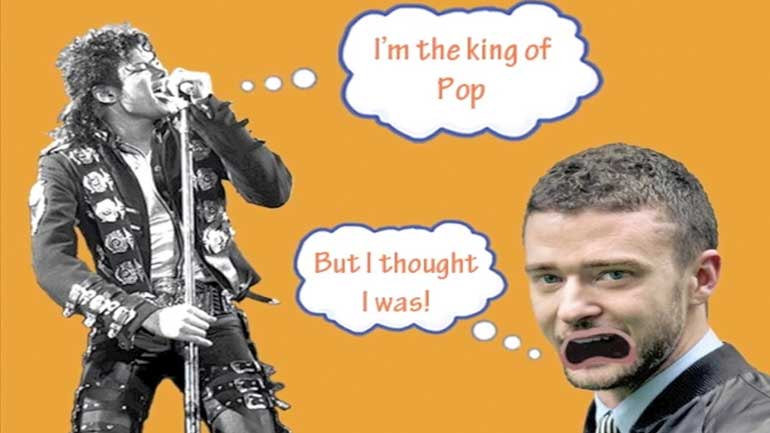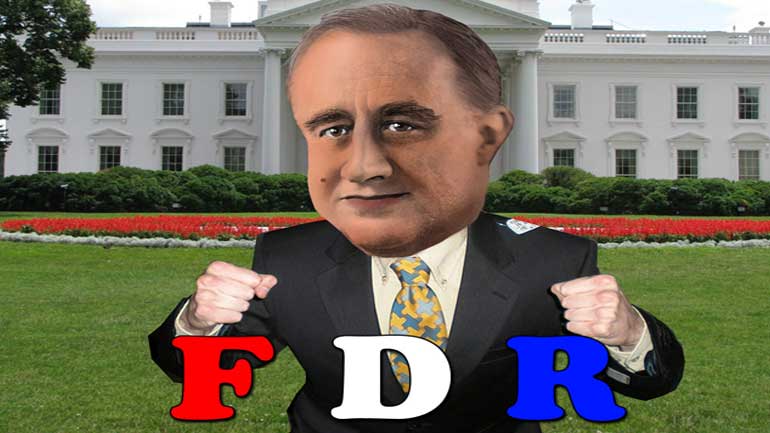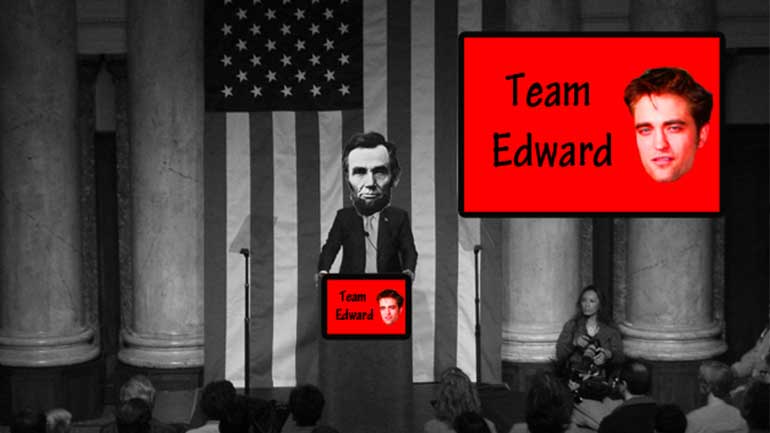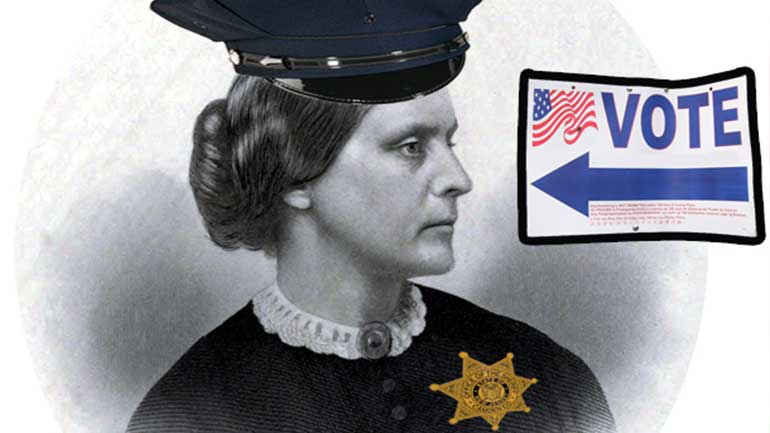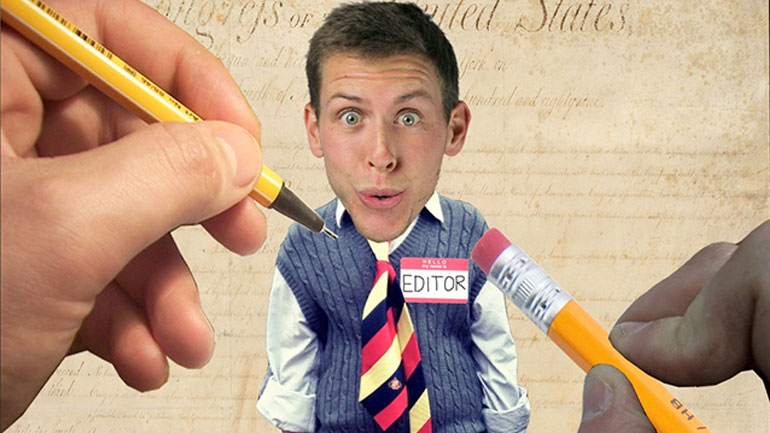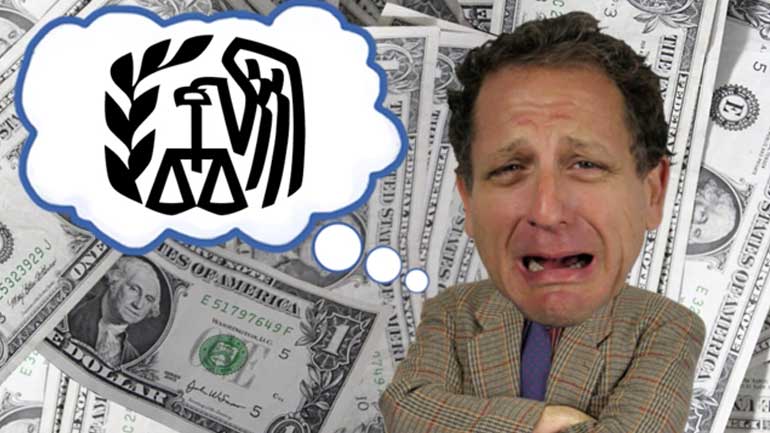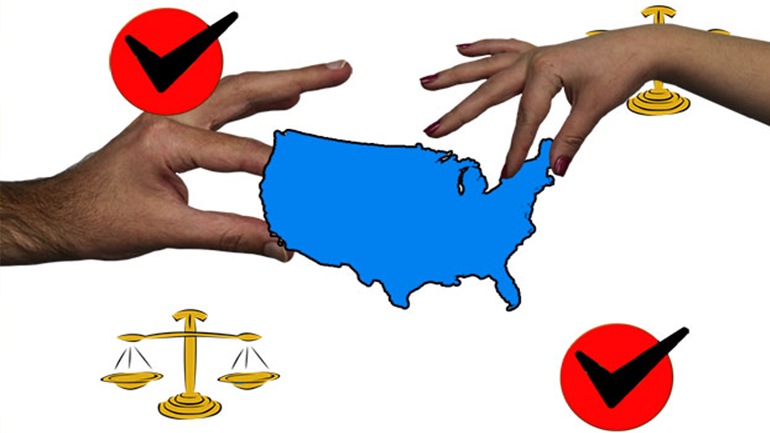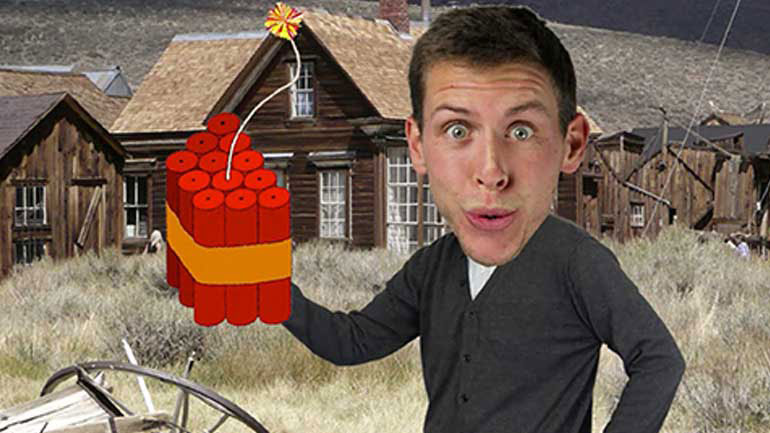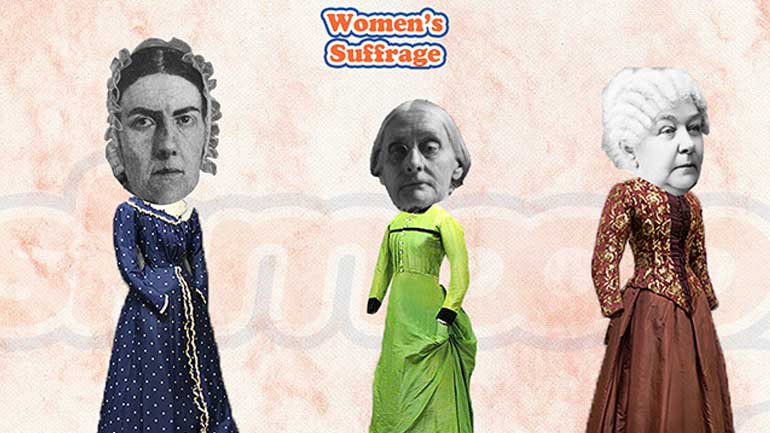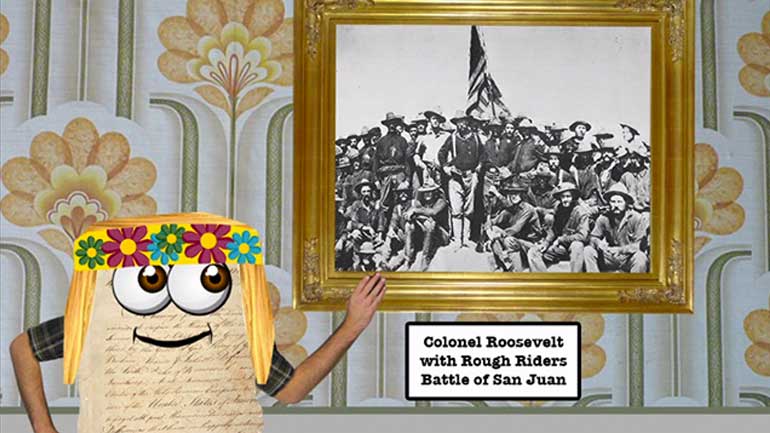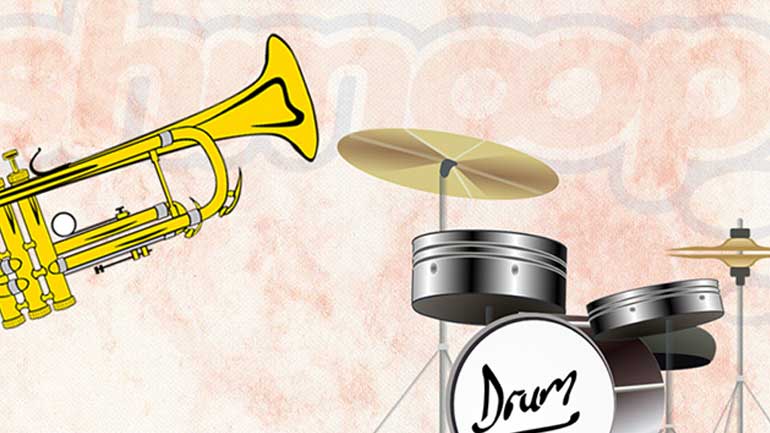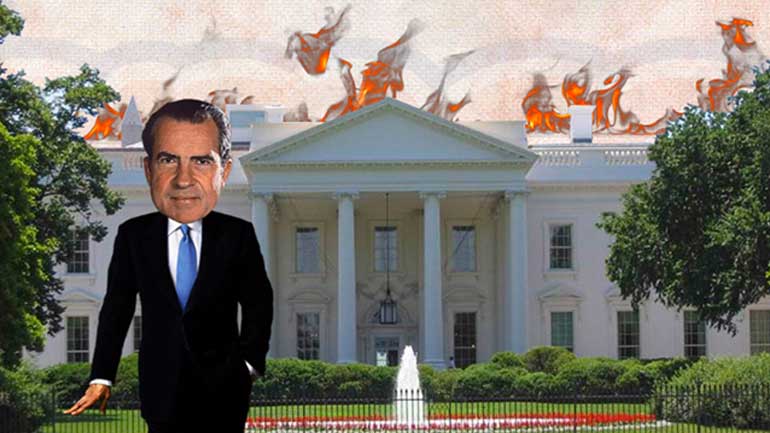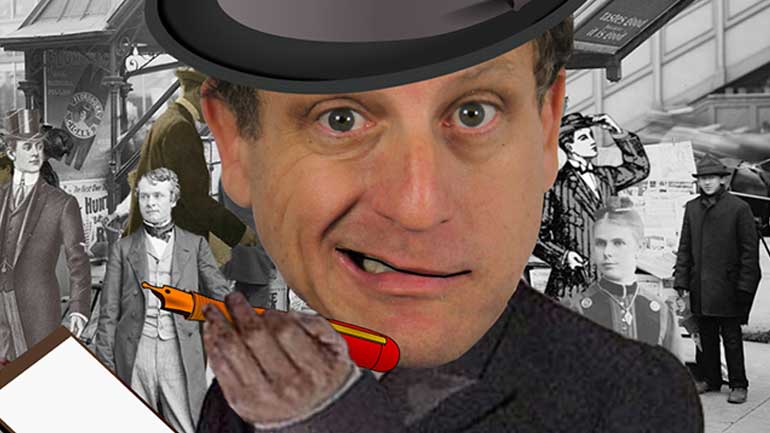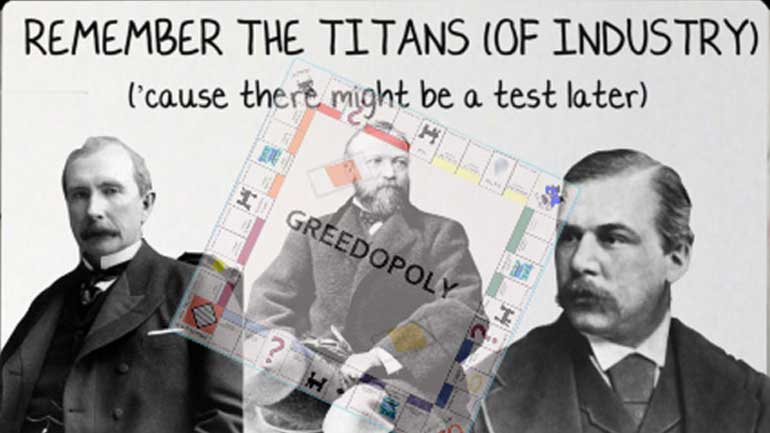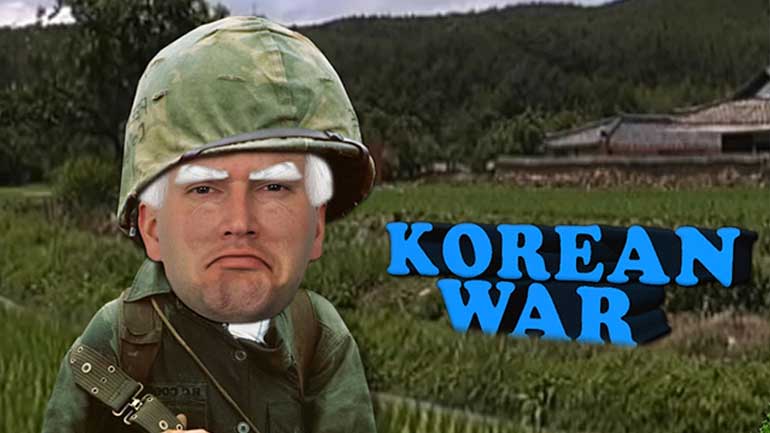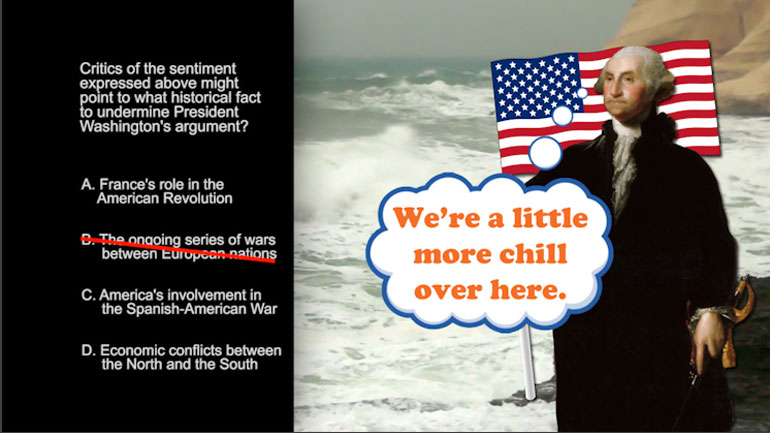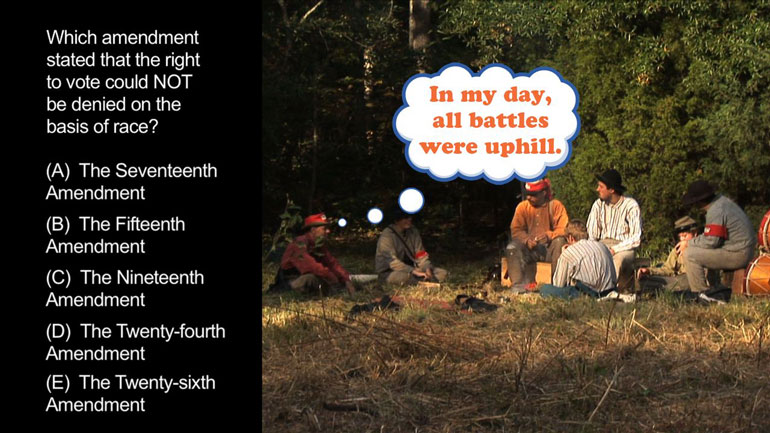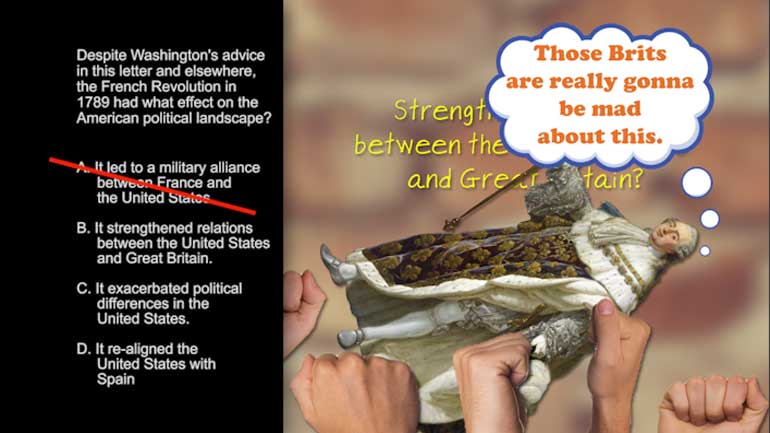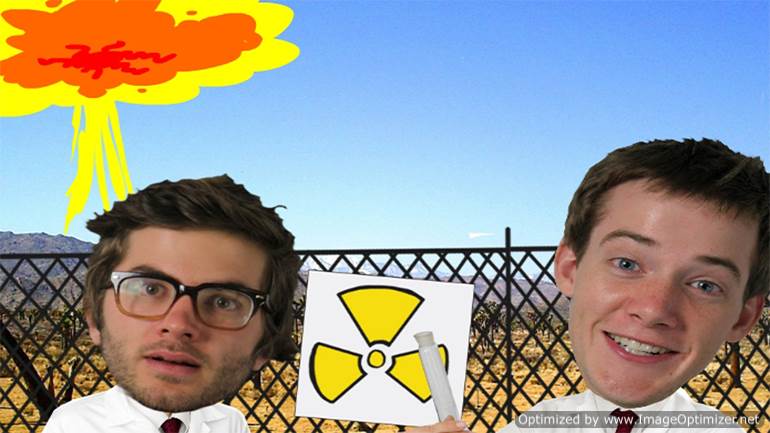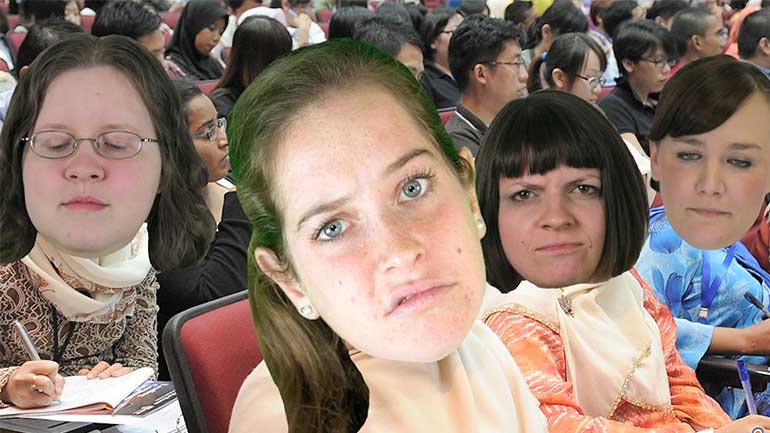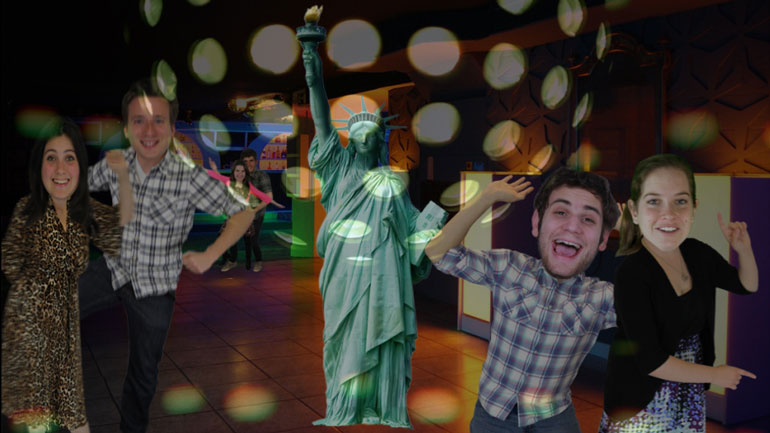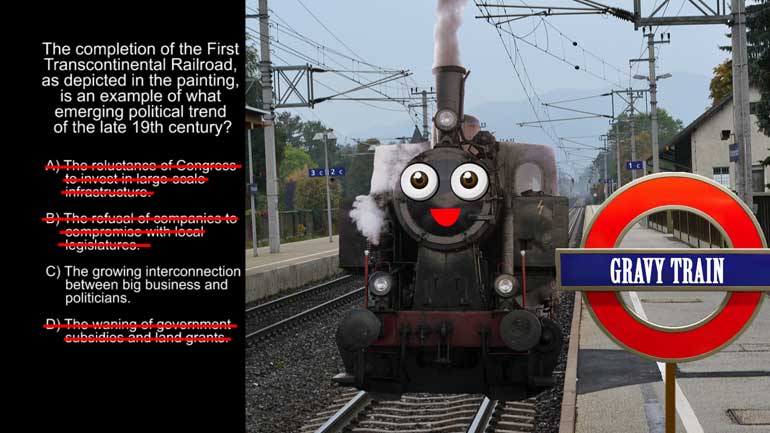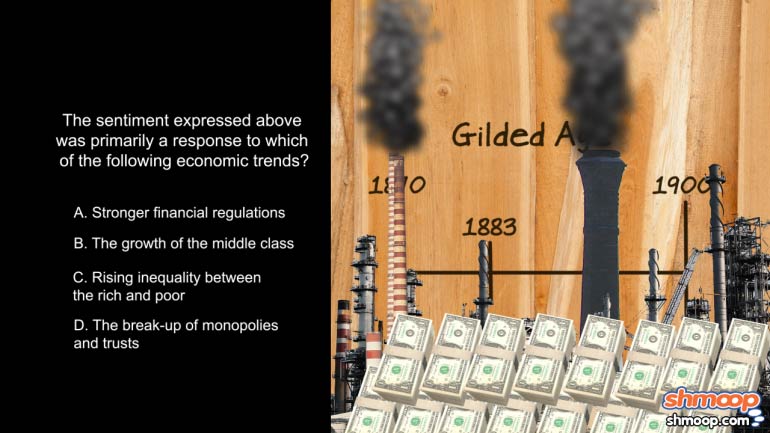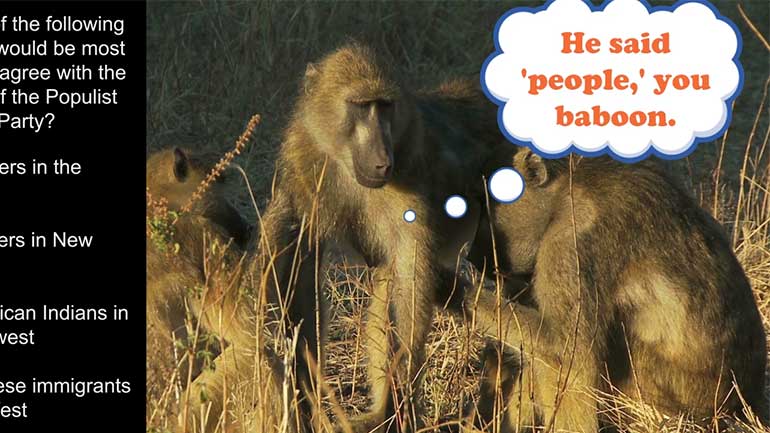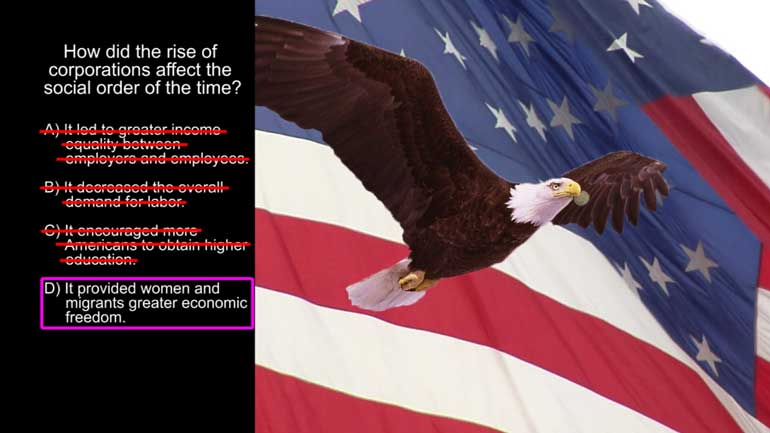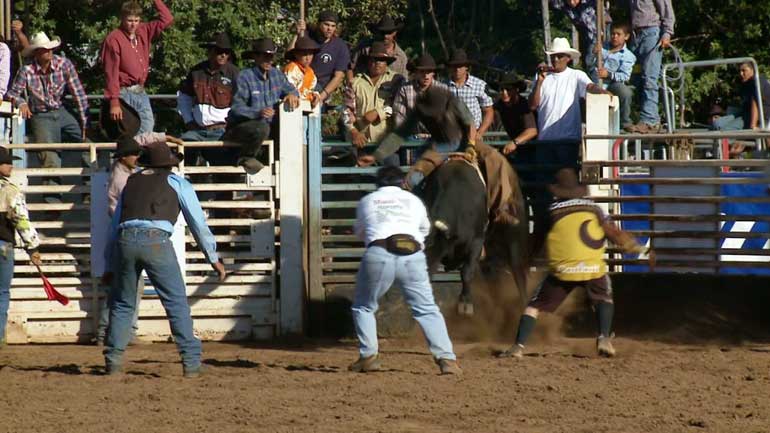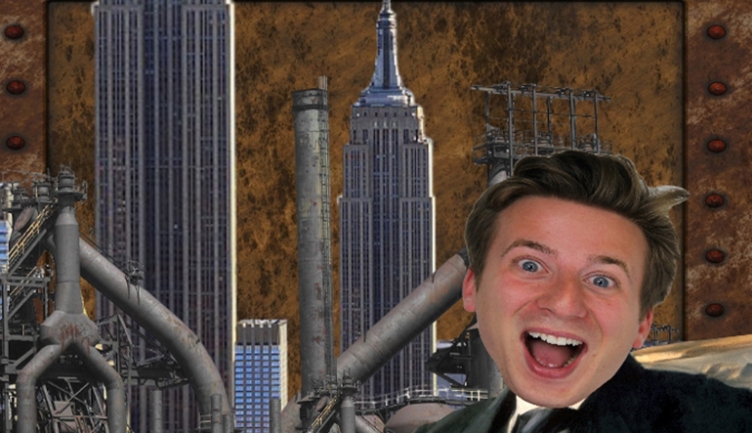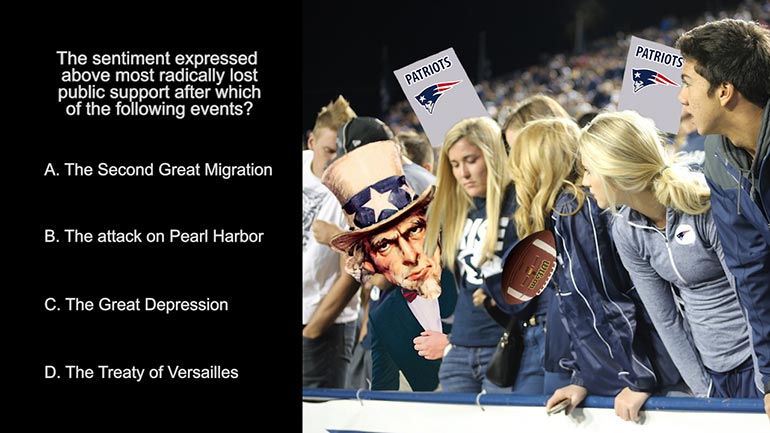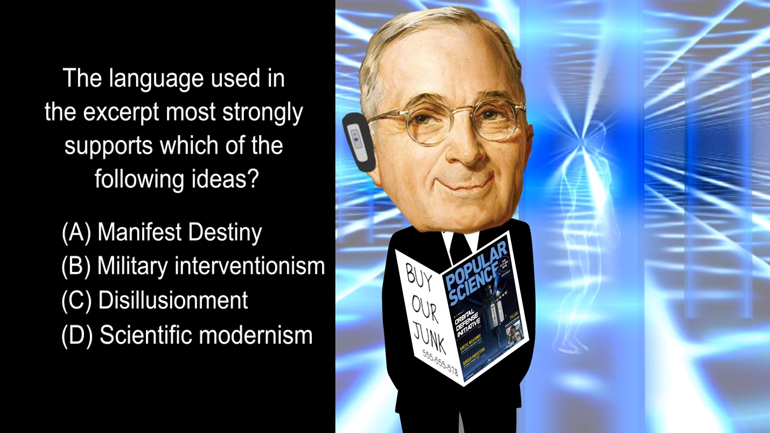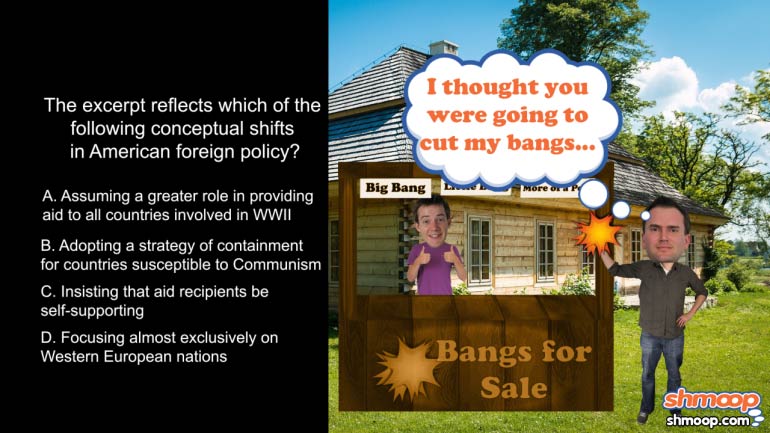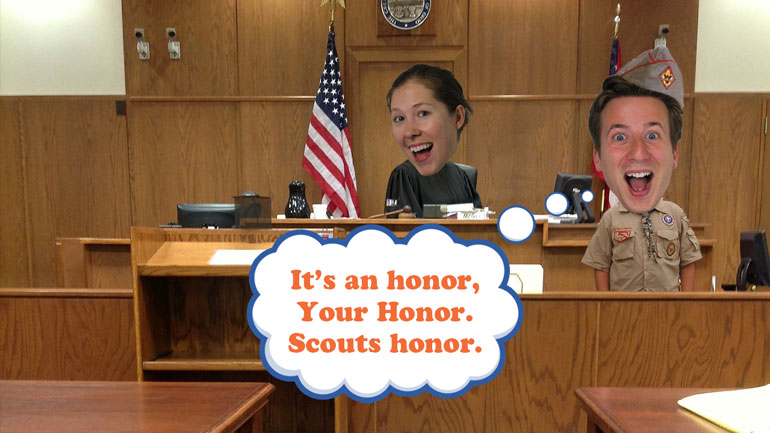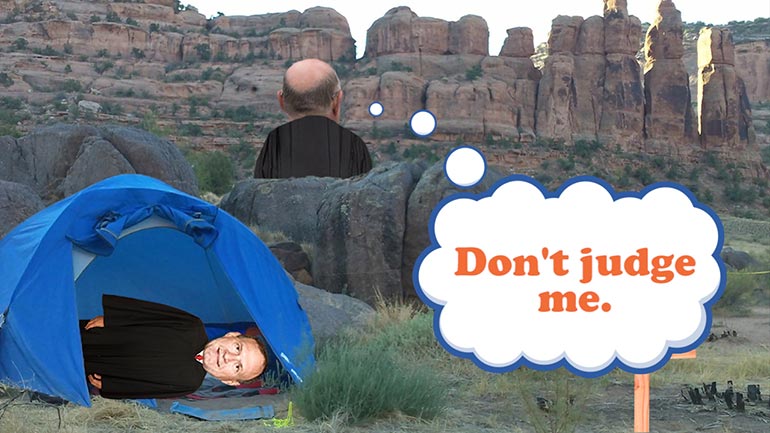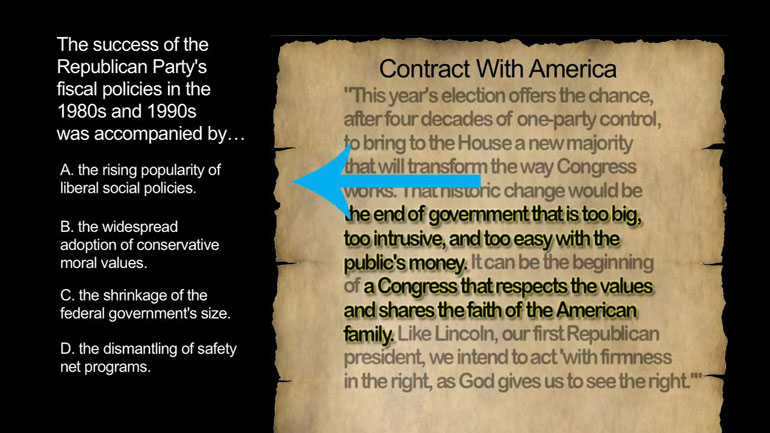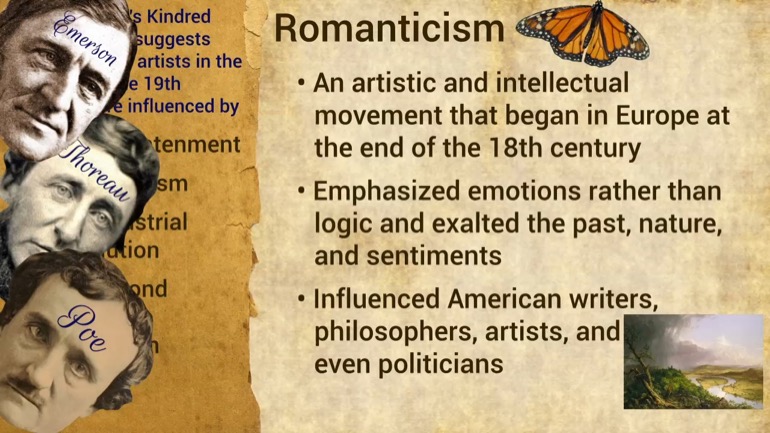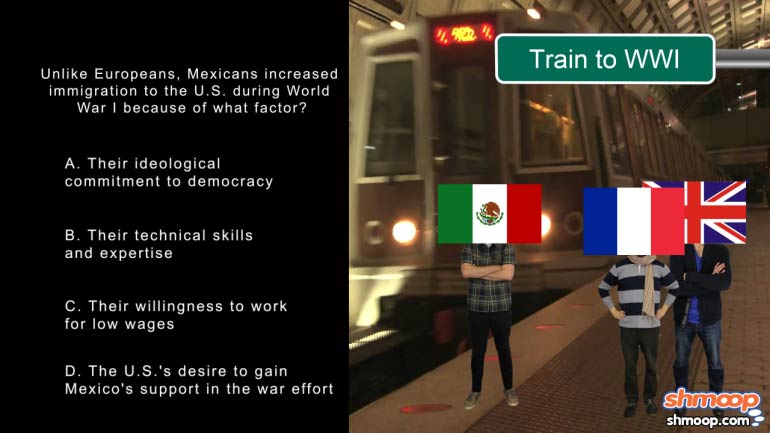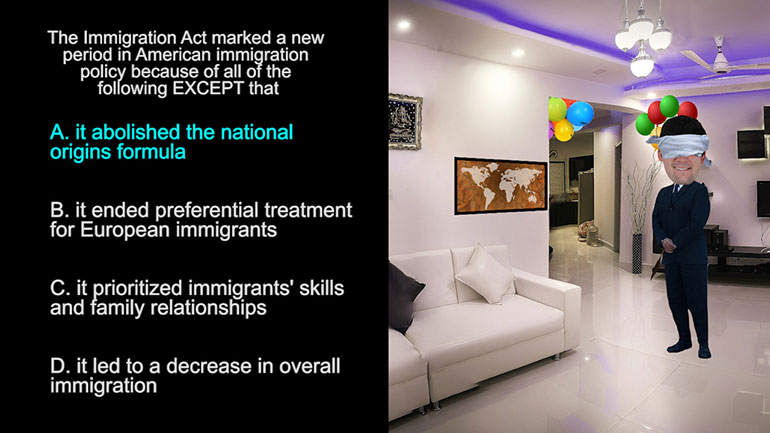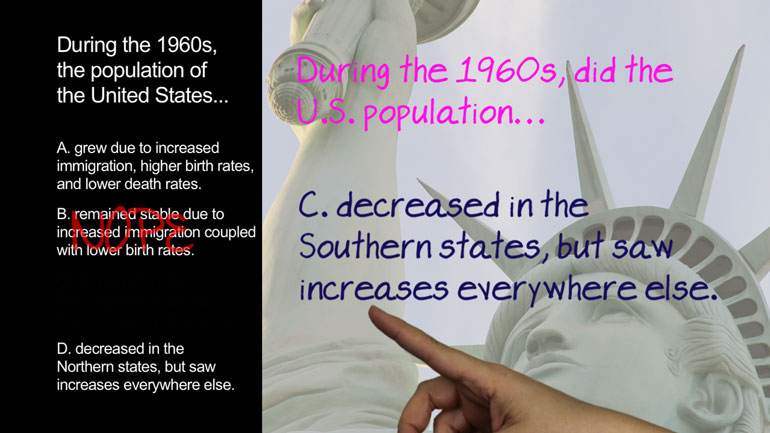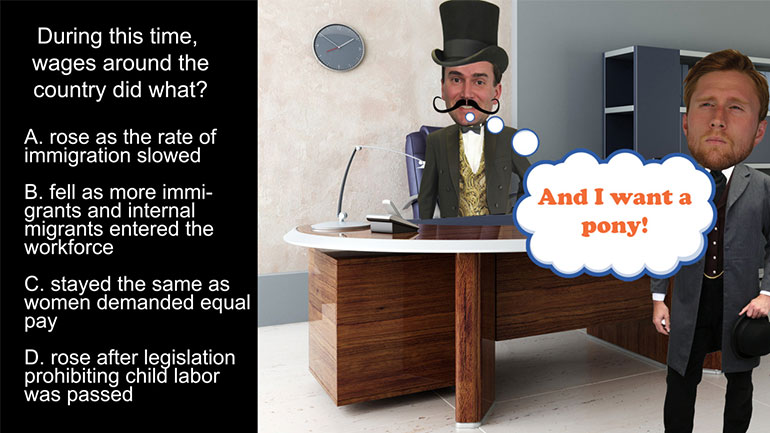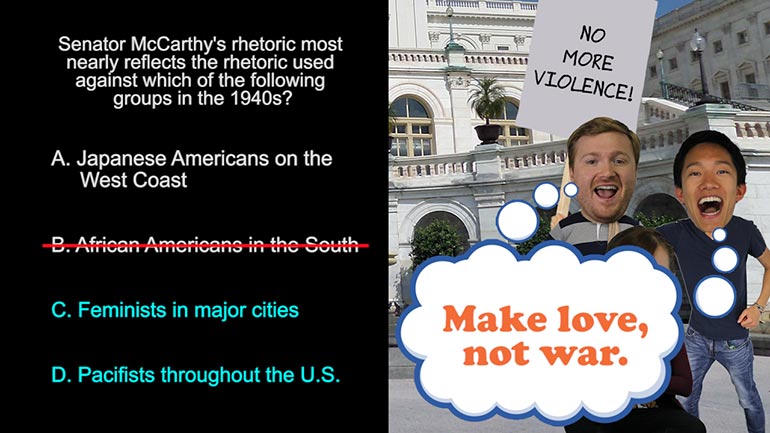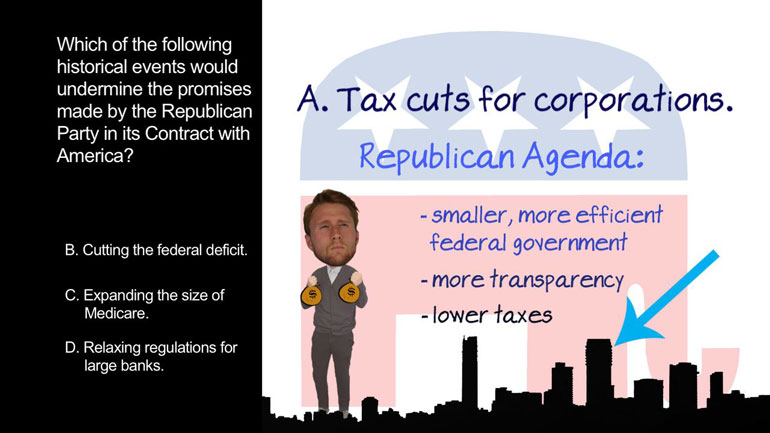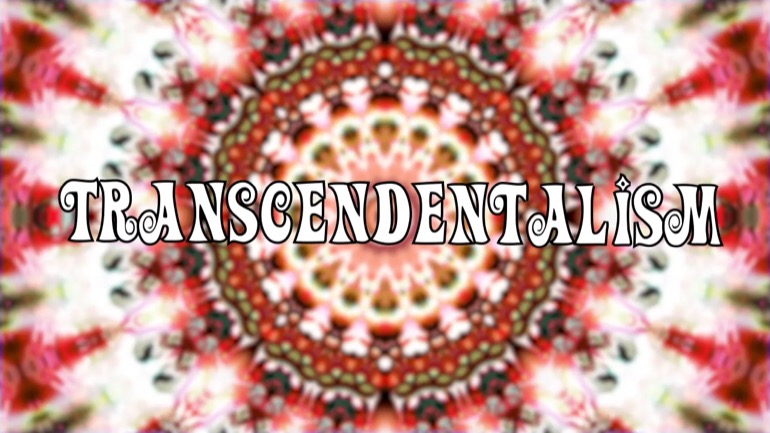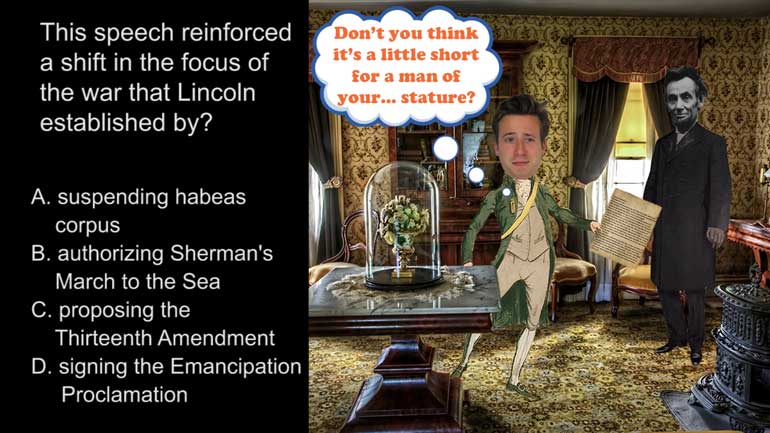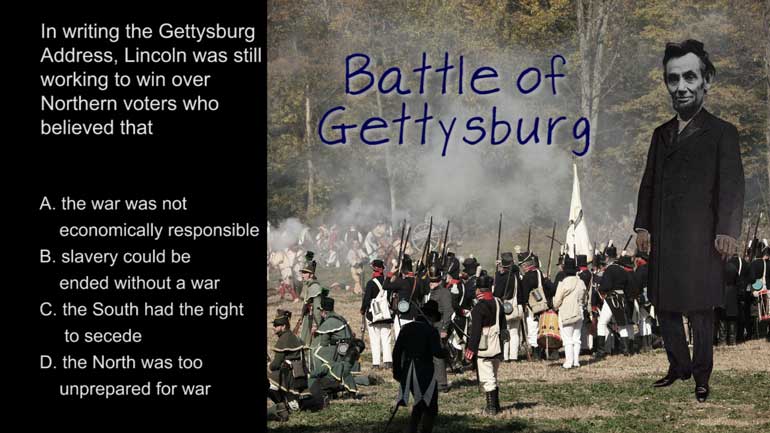ShmoopTube
Where Monty Python meets your 10th grade teacher.
Search Thousands of Shmoop Videos
History Videos 64 videos
It killed thousands. It turned two beautiful cities into piles of rubble. It ended a war. The atomic bomb was dropped on Hiroshima and Nagasaki in...
AP U.S. History 1.1 Period 5: 1848-1877. Which of the following groups would be most likely to support the idea of Manifest Destiny?
As former President Bush might say, if this question fools you once, shame on you....fool you....you can't get fooled again. Do you know why he gav...
AP U.S. History 1.1 Period 6: 1865-1898 313 Views
Share It!
Description:
AP U.S. History 1.1 Period 6: 1865-1898. The sentiment expressed above was primarily a response to which of the following economic trends?
Transcript
- 00:00
[ musical flourish ]
- 00:04
And here's your Shmoop du jour, brought to you by Social Darwinism,
- 00:08
the life of the anthropological party.
- 00:11
Yeah. Go Darwin.
- 00:15
All right, give this excerpt a look-see.
Full Transcript
- 00:17
[ mumbles ] All right.
- 00:21
The sentiment expressed above was primarily a response
- 00:24
to which of the following economic trends?
- 00:26
And here are your potential answers.
- 00:28
[ mumbles ]
- 00:32
All right, well what exactly is the sentiment expressed in our excerpt?
- 00:37
Well we see phrases like
- 00:38
"the men who have not done their duty...
- 00:40
can never be equal...
- 00:42
The difference will appear in the position
- 00:45
they acquire in the body of society...
- 00:47
and such classes always will exist."
- 00:51
Hmm.
- 00:52
Well that sounds like Social Darwinism,
- 00:54
the idea that the strong will increase in wealth, while the weak
- 00:58
will decrease.
- 00:59
We can also tell by the year 1883 that we're
- 01:01
dealing with the Gilded Age,
- 01:03
which featured a bunch of industrialization
- 01:06
and rapid economic growth.
- 01:08
So let's keep all those things in mind as we look to our answers.
- 01:11
Is the sentiment expressed in the excerpt a response to
- 01:13
A - stronger financial regulation?
- 01:16
Well, remember, this is the Gilded Age we're talking about.
- 01:18
Big business was everyone's boss,
- 01:20
so in reality financial regulation was pretty weak
- 01:23
if it existed at all.
- 01:24
And if there were no financial regulations,
- 01:27
well, then forget about breaking up monopolies or trusts.
- 01:30
So it's a no-go on A and D.
- 01:32
Could the sentiment be a reaction to B -
- 01:34
the growth of the middle class?
- 01:36
Well, there was certainly growth during this period, but it was
- 01:38
pretty much exclusively for the men who owned those
- 01:41
big companies. And they got rich - like filthy,
- 01:44
I could buy two islands kind of rich.
- 01:47
The middle class?
- 01:48
Eh, they didn't see their standard of living rise one bit.
- 01:51
So that eliminates B, as well.
- 01:53
Which means that the sentiment was a response
- 01:55
primarily to C - rising inequality between the rich and poor.
- 02:00
During the Industrial Age, products became cheaper
- 02:02
to produce, and expansion of the U.S. opened new markets,
- 02:06
which allowed companies to grow larger than they ever had before.
- 02:09
But this newfound wealth wasn't evenly distributed,
- 02:12
and industrialists like Rockefeller and Carnegie had to
- 02:15
justify their status, relying on scholars
- 02:17
like our friend William Sumner
- 02:19
to say that the rich were stronger
- 02:21
and deserved their wealth.
- 02:23
So the correct answer is C.
- 02:25
Survival of the fittest? Well, more like survival of the fattest.
- 02:29
[ groan ]
Related Videos
AP U.S. History Exam 2.45. The journey shown on the map was an example of...what?
AP U.S. History Exam 2.26. This speech reinforced a shift in the focus of the war that Lincoln established by...what?
What did the Spanish messengers bring with them to North America? Hint: you probably wouldn't be thrilled to get this for your next birthday.
AP U.S. History Diagnostic 24. How did the United States choose containment over the National Security Council Report in Latin America?
AP U.S. History Exam 2.25. In writing the Gettysburg Address, Lincoln was still working to win over Northern voters who believed that...what?

